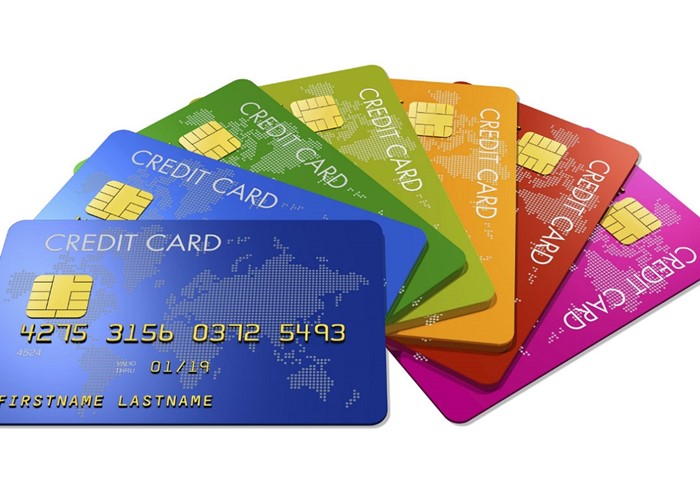The interest you pay on 'interest-free' credit cards

You might be being charged interest when you least expect it.
It used to be that, when we made a repayment on a credit card, most card companies would allocate the payment to our cheapest debt first.
If you had a balance transfer costing 20% APR and a purchase costing 0% APR, it would pay off the free purchase first. This meant that the more expensive debts – the ones with higher interest rates – remained on our cards for longer, racking up high interest bills.
The positive order of payments
At the beginning of this year, credit-card providers changed the order in which we pay off our various debts for the better. Now the expensive debt is repaid first - known as the positive order of payments.
However, when there are two introductory deals at 0% – one for balance transfers and one for purchases – in what order do card providers pay off those equally expensive debts?
Ideally, we want the shortest 0% deal to be paid off first, so that there is less chance that we have to pay interest, or at least not quite so much interest, but each lender has developed its own system to ascertain which 0% debt it will pay off first. Nationwide, Saga and Barclaycard have explained their systems to me and they seem completely safe from abuse.
The same cannot be said for one leading card provider, MBNA, which includes some table-topping brands. Those under the MBNA banner include Virgin Money credit cards, the lastminute.com credit card, play.com credit card, and many sport, airline and charity cards.
When there are two 0% deals running simultaneously, MBNA will pay off the 0% deal that started first. Usually, the deals start at the same time, since the introductory deals both start from when your account is created.
That being the case, MBNA will then pay off the deal which reverts to the highest interest rate. MBNA charges a slightly higher interest rate for balance transfers, meaning when there are two introductory deals at 0%, it will pay off the transfer before the purchase.
This is not good for cardholders. Most of MBNA's cards have longer balance-transfer deals. Take the Virgin Money credit card, which gives you balance transfers at 0% interest for 20 months with a 3% fee and new purchases at 0% for three months
Virgin Money card summary
- 0% on balance transfers for 20 months (3% fee)
- 0% on purchases for 3 months
- Payments in the first three months go towards the balance transfers first, meaning you will start paying interest on your purchase after the third month.
If you make a £1,000 purchase and do a £5,000 balance transfer, you might want to pay off the purchase in the first three months and then use the remaining 17 months to pay off as much of your outstanding transferred debt as possible. It won't work like that.
You are going to have to pay off the full £6,000 inside three months if you want to avoid paying any interest. That reduces the benefit of the 20-month balance-transfer deal. If you merely pay off £1,000 in the first three months and then the remaining £5,000 in equal instalments before the 20-month deal expires, thanks to the order of repayments you will still pay £30 in interest if you get the advertised interest rate of 16.8% APR.
Half of successful applicants will likely pay a higher rate.
Other cards to watch
Credit cards from Sainsbury's Finance, Tesco Bank, Lloyds, Halifax and Bank of Scotland should currently be safe for most customers based on their existing introductory 0% deals and their systems for ordering the repayments, although if they tweak their deals I may have to amend that guidance, and this might not apply to any dual deals they offer existing customers in future years.
However, Co-operative Bank, smile and HSBC need closer monitoring. They each told me that when there are two 0% deals, their cards will pay off the oldest debt first. Since we usually transfer a balance on application and make a purchase later, and since most of these banks' cards have longer balance-transfer deals than new purchase deals, this means that you could easily end up with the same problem as with an MBNA card, and end up paying interest on the debt.
How to avoid this problem
There's good news. This is all only really a problem if you have large existing debts and want to borrow more on credit cards.
Also, the interest you'll pay as a result of this trick is still far less than it used to be, thanks to the changes that all card providers have made this year to the order of repayments, including MBNA.
The better news is that there are similar deals from other providers that will pay off the shorter deals first, such as from Barclaycard and Halifax and there are credit cards, including another one from Virgin Money, that have long 0% deals of equal length, which is another way to eliminate the problem.
More: Compare credit cards through lovemoney.com | The smartest balance transfer card
Comments
Be the first to comment
Do you want to comment on this article? You need to be signed in for this feature